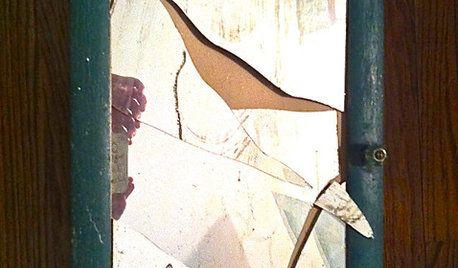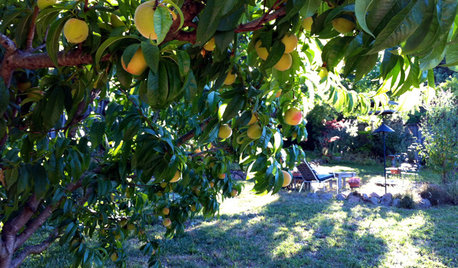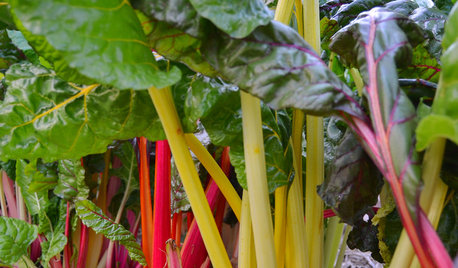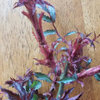Evil aphids
Maude80
10 years ago
Related Stories

GARDENING AND LANDSCAPINGBid Bad Garden Bugs Goodbye and Usher In the Good
Give ants their marching orders and send mosquitoes moseying, while creating a garden that draws pollinators and helpful eaters
Full Story
GARDENING GUIDESHow to Keep Your Citrus Trees Well Fed and Healthy
Ripe for some citrus fertilizer know-how? This mini guide will help your lemon, orange and grapefruit trees flourish
Full Story
EDIBLE GARDENSNatural Ways to Get Rid of Weeds in Your Garden
Use these techniques to help prevent the spread of weeds and to learn about your soil
Full Story
LIFEDo You Believe in Luck Around the House?
Broken mirrors, spilled salt, an unavoidable ladder — superstitions don't seem to affect this homeowner. Knock wood
Full Story
HOUSEPLANTS8 Houseplants You Can't Kill
They're forgiving and let you forget. Houseplants don't get any easier than this
Full Story
HOUSEKEEPINGHow to Wash Your House
Avoid damage to siding and plants while getting your home's exterior shining clean, with this guide to using pressure washers and hoses
Full Story
EDIBLE GARDENSHow to Grow Your Own Peaches and Nectarines
Make gardening a little sweeter with these juicy fruits, which you can eat after plucking or preserve for later
Full Story
GARDENING GUIDESCool-Season Vegetables: How to Grow Chard
A year-round garden favorite with a colorful stem, Swiss chard comes into its own in early spring and in fall
Full StoryMore Discussions








dublinbay z6 (KS)
henry_kuska
Related Professionals
Folsom Landscape Architects & Landscape Designers · Alexandria Landscape Contractors · Anderson Landscape Contractors · Brownsville Landscape Contractors · Choctaw Landscape Contractors · Clayton Landscape Contractors · Cornelius Landscape Contractors · East Hanover Landscape Contractors · Fort Mill Landscape Contractors · Lynn Landscape Contractors · Porterville Landscape Contractors · Rockville Landscape Contractors · Vashon Landscape Contractors · Wilsonville Landscape Contractors · Silver Firs Landscape ContractorsKippy
jerijen
henry_kuska
dublinbay z6 (KS)
marhelm
roseseek
dan_keil_cr Keil
seil zone 6b MI
Maude80Original Author
henry_kuska
view1ny NY 6-7
jim1961 / Central Pennsylvania / Zone 6
Maude80Original Author
jim1961 / Central Pennsylvania / Zone 6